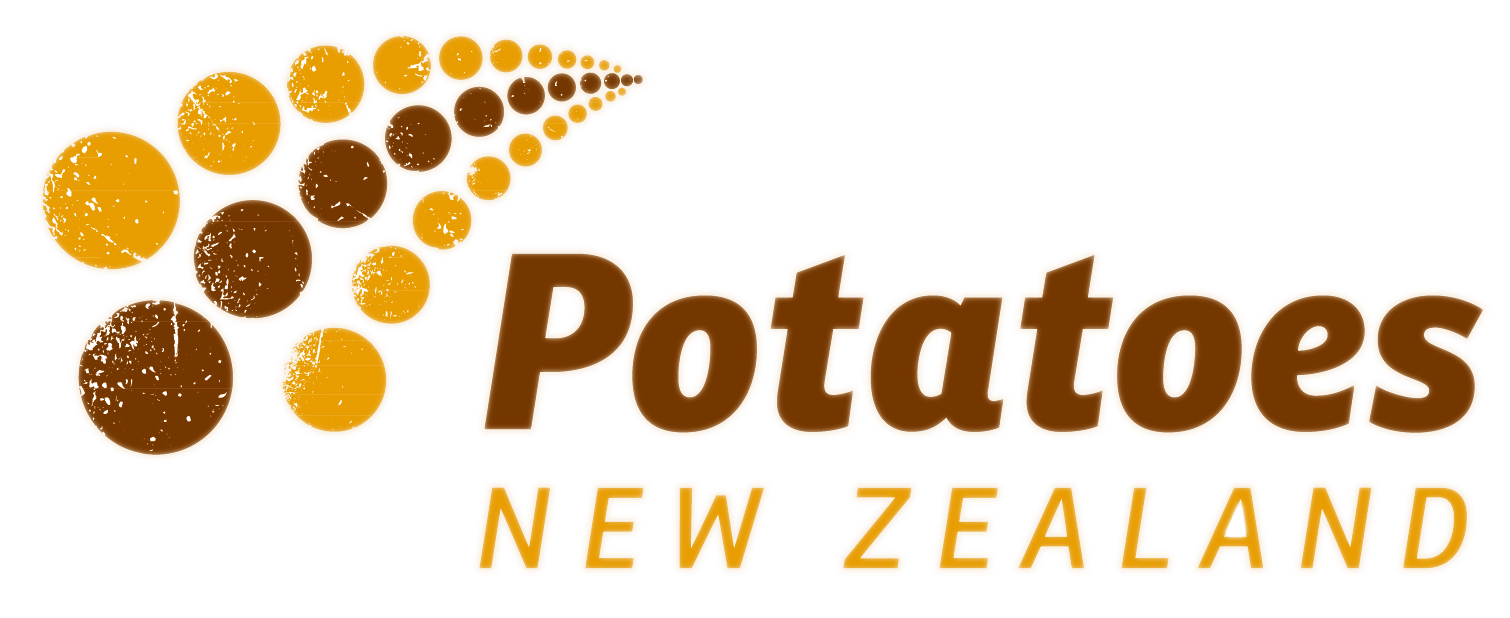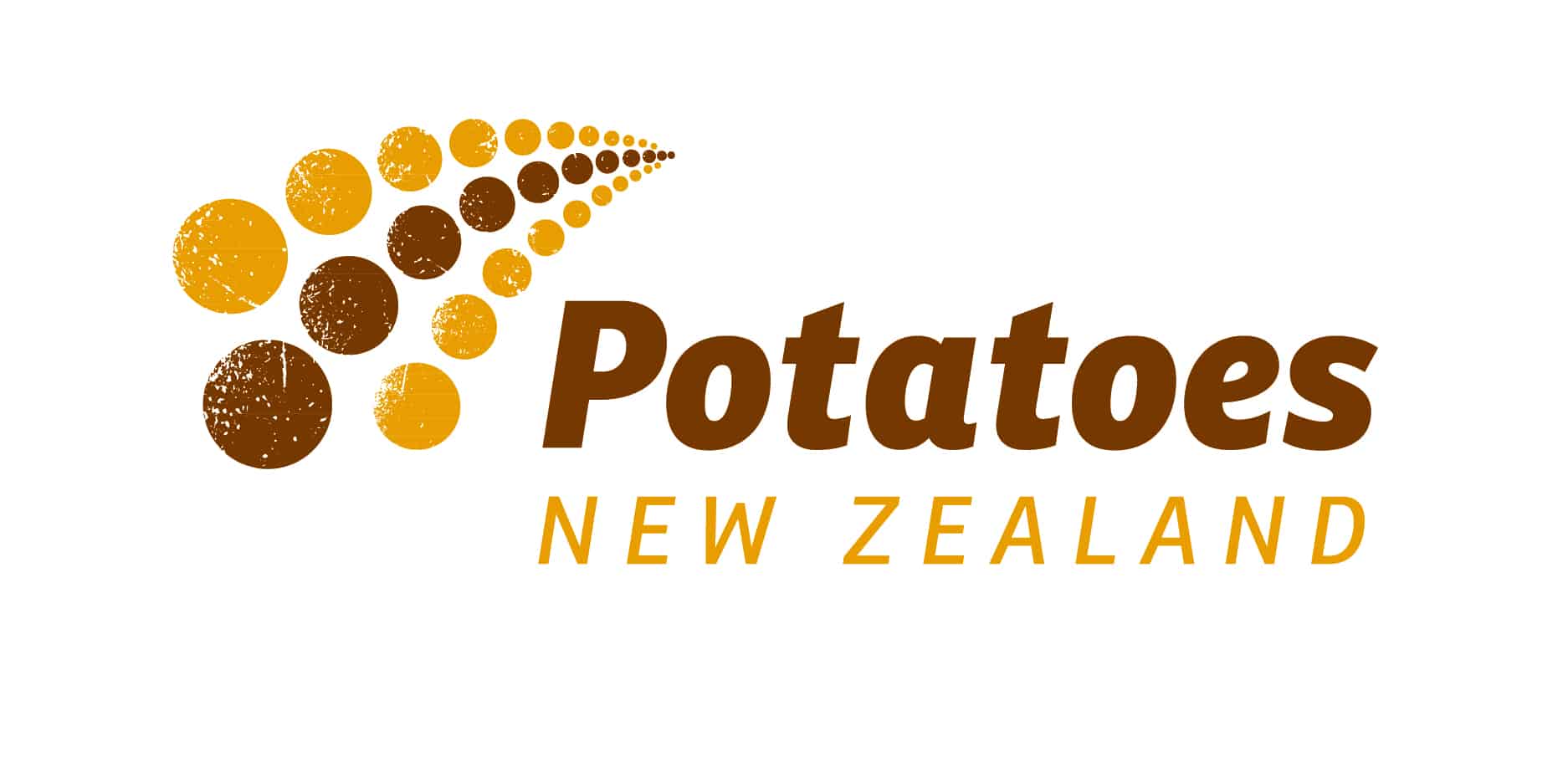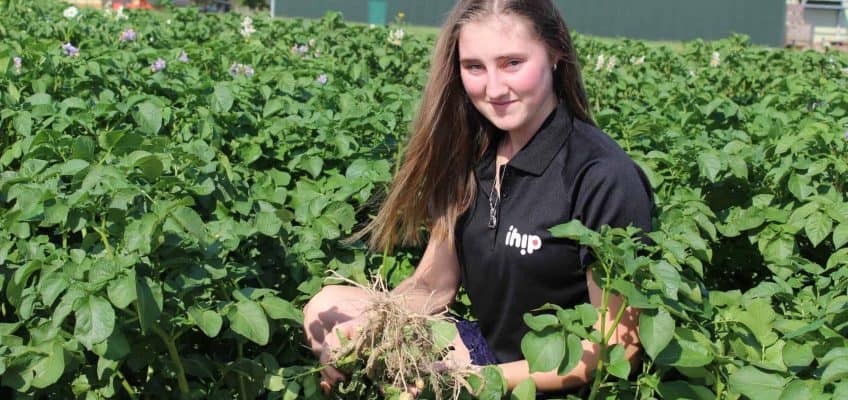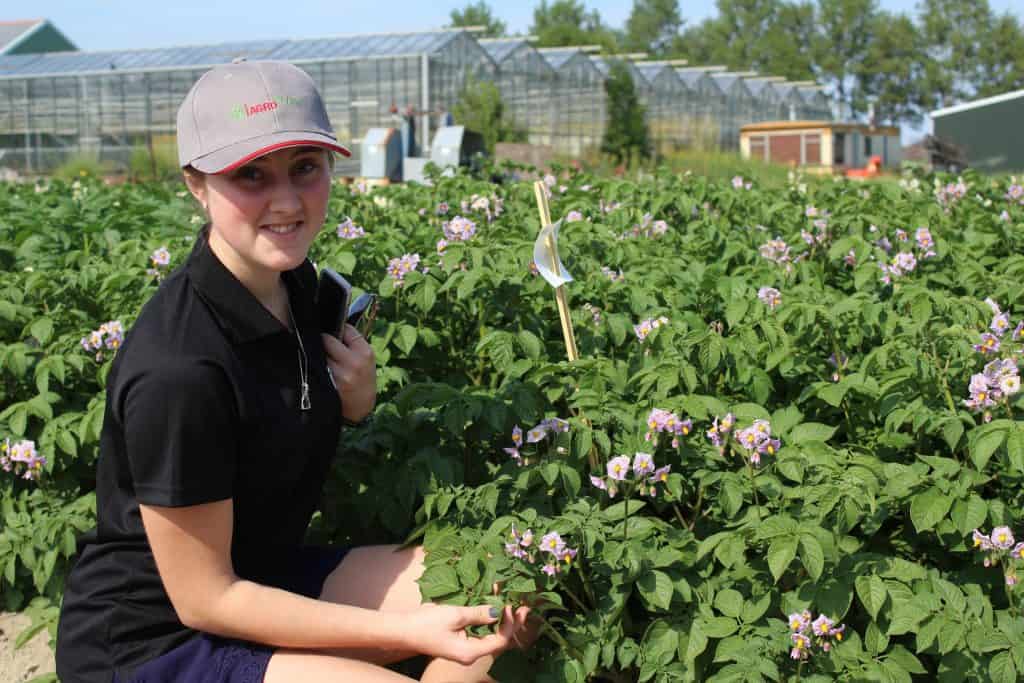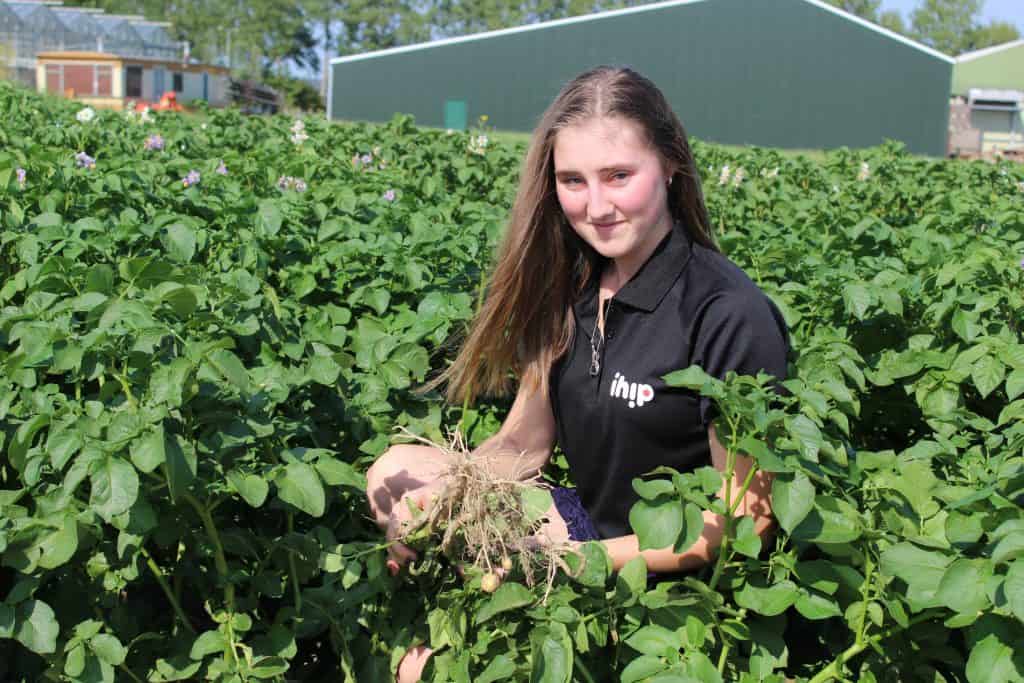Thirteen young New Zealand horticulture leaders visited world-leading innovative growers, researchers, and business in the Netherlands to expand their horizons and bring back valuable insights to New Zealand. This is part of arguably the most collaborative industry-driven program ever seen in the primary industries.
The inaugural international horticultural immersion program (IHIP) Is supported by AGMARDT and the New Zealand horticulture industry and includes both Lincoln and Massey University students well as several young growers in industry. The group reaches across the supply-chain from plant science all the way to food marketing.
Hamish Gow who is a professor in agribusiness at Massey University is leading the program. He hopes to challenge the participants to think about different systems and business models through exposure to vertical and urban farming operations, leading-edge genetics and plant breeding innovations, personalized nutrition trends, and 3D food printing.
“One of the visits was to the World Horti Centre near Rotterdam where students were impressed by the culture of open industry collaboration on technological innovation, research and education all under one roof.”
The Centre is the home to over 100 leading horticultural businesses. Co-created by government and industry. It provides a unique open innovation hub where industry can converge to exchange, demonstrate, catalyse, and create horticultural innovation and knowledge transfer.
The IHIP participants soon realised members of the Centre could just as easily talk about their neighbours technology as their own. Molly Green a third-year Plant Science student and President of Massey Horticulture Society commented “I was surprised to find how well the horticultural businesses here work together, even though they are competing with each other.”
“They even have a name for this, Concullega. It means that they are both competitors and collaborators/colleague at the same time. I’d like to see New Zealand transition from a DIY to a DIT, Do It Together culture,” says Green
Dick Verweiji is a senior area manager of Van der Knaap – a rooting and growing solution business part of the center. He confirmed what the IHIP participants were saying “We are all part of one open “clubhouse” – a community of innovators supported by a common purpose and culture within a common meeting place. We are part of a competitive team that makes each other stronger by standing together shoulder to shoulder.”
Leander Archer, horticultural and environmental consultant with AgFirst and IHIP participant said, the unique collaborative ecosystem created at the World Horti Center between industry, research and education creates business models that focus on corporate social and environmental responsibility.
“What surprised us most was that, despite the cost of sustainable production, Dutch businesses are expected to compete on price with imported products that do not have the cost of meeting their social and environmental responsibilities. This outlook drives the extremely efficient, innovative and sustainable systems we have observed in the Netherlands.”
“We believe this sustainable business model will become the expectation of the consumer, and New Zealand horticulturalists will have to meet these new standards.”
The group then traveled to Belgium and then Korea to see the latest horticultural innovations before returning to New Zealand.
